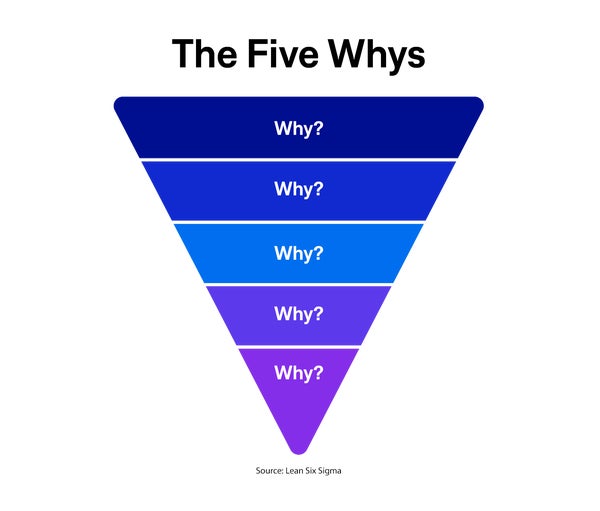
Amplity Learn Facilitator
No image found.

As a medical science liaison (MSL), the strongest asset you can bring to healthcare provider (HCP) engagement isn’t breakthrough science, slick charts, or patient testimonials. It’s your mindset.
More specifically, a curious mindset that inspires open-ended questions and leads HCPs to share valuable insights.
Sounds easy, but it can be tough to stay open-minded in high-stakes conversations.
Four actions can help you gather better insights during critical HCP engagements:
Let’s dig into each of these.
If you’re a medical science liaison, you’ve likely been told your top job is gathering “field medical insights.”
According to the Medical Affairs Professional Society, insights are “information, education, ideas or perspectives on topics relevant to a company that may identify a gap, inform strategy or confirm preexisting views and may result in action, where and when appropriate.”
Insights can come from multiple sources: data, literature reviews, Congress presentations, advisory boards, data, investigator meetings, and of course, conversations with healthcare providers and patients.
In practice, your job is to gather field-based insights. These are summaries of conversations you conduct with key opinion leaders (KOLs) to uncover unmet patient and prescriber needs.
Insights aren’t random. Instead, they’re tied to strategy. The goal is to help your company adapt internal priorities and resources to match external needs, in the end helping patients.
In our workshops with Amplity Learn and industry experience, we’ve found that the top 5 reasons that MSLs struggle to solicit good insights are:
Our workshops help you find ways to overcome all 5 barriers, but we’ll address the last one here.
Active listening takes intellectual effort and focus. It involves being fully engaged in a conversation and carefully hearing and rephrasing back what the HCP has said. To improve listening skills, try to:
You can also research and apply active listening techniques, first in your personal relationships and then at work.
Preparation is key to having a successful HCP interaction. You have data to present, but before going to an HCP meeting, think of having a shared agenda. It’s as much about what your HCP has to say as what you want to communicate.
When you present new information, you may encounter HCP indifference, enthusiasm, objections, skepticism, and concerns. It’s tempting to end the conversation after you hear their reactions. Instead, use a Lean Six Sigma technique to probe more deeply.
The “5 Whys” is a root-cause analysis technique from Lean to identify the underlying reason for a problem by repeatedly asking “why.” The idea is that if you ask “why” 5 times, you’ll get the root cause of any issue.

You can rehearse follow-up ”why” questions for any HCP reaction, positive or negative. See this example below:
Instead of:
Try:
And so on.
Of course, “why” questions don’t roll off the tongue, so prepare to address common objections and rehearse them, getting better with every interaction.
A solid insight should be aligned with strategic medical priorities, have clear implications for the sponsor company, help a reader understand the “why”, be clearly documented, and support the next action.
When you’ve finished your KOL or HCP interaction, it comes down to documenting who, what, where, why, when, and how – just as a news reporter would.
Cue yourself to collect this information:
Then, write it all down. With this information within an insight, it can’t fail to deliver value.
Gathering strategic insights is a skill to be practiced, not a body of knowledge to be mastered. Understanding barriers, active listening, preparation, learning the 5 “why’s,” and thinking like a reporter can help.
We teach these techniques and more within Amplity Learn’s Insights-Gathering workshops. You will learn about the roots of curiosity, bridging questions, managing distractions, and how to warm up relationships. In our workshops, learners break into small groups and practice with each other, critiquing and honing skills before real-life HCP interactions.
At Amplity Learn, we believe the best learning comes from what you discover for yourself, so we make space for it. Find out how.